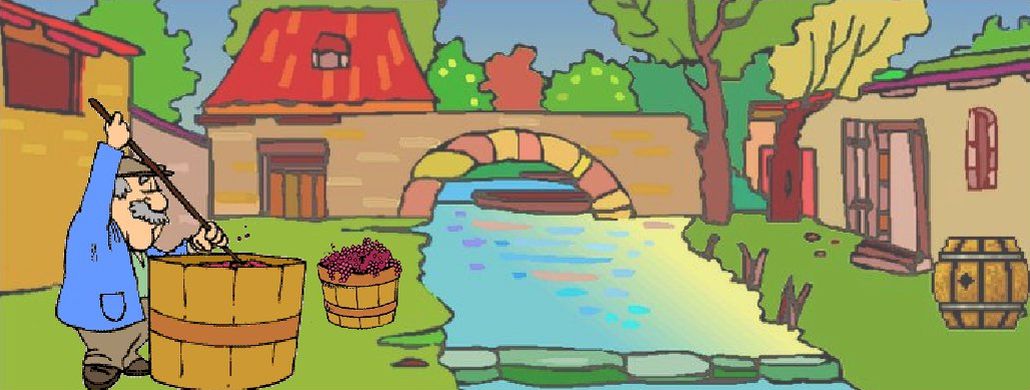
[USA, 1920/1921] In the USA, the political situation had changed decisively. In the presidential elections in 1920, the Republican Warren G. Harding ran his campaign on the slogan “return to normalcy”.
U.S. troops had fought in Europe, at home 1919 had been a year marked by major strikes, large-scale race riots in Chicago and other cities and anarchist attacks on Wall Street. The wartime economic boom had collapsed. Many Americans felt it would be better not to get their country involved in international conflicts again. Harding’s campaign hit the spot – the Republicans returned to the White House with a landslide victory.
No ratification
The Versailles Treaty met determined opponents. They particularly disagreed to the point that the League of Nations should have the right to use American troops in international conflicts, even without the consent of the US Congress. Neither Wilson nor his opponents were willing to compromise. President Wilson had to face hostility from all sides. During a campaign for the Versailles peace treaty, he collapsed and remained seriously ill for the rest of his life.
The new President Warren G. Harding and the Republicans demanded isolationism. “No” to the League of Nations, “no” to an international commitment of the USA. That meant withdrawal from Europe. The peace treaty of Versailles did not find the necessary majority in Congress and was not ratified. The League of Nations, the project dearest to Wilson’s heart, came into being, but without the USA.
It did not make General Allen’s task easier – technically, the USA were still at War with Germany and Austria-Hungary. In August 1921, the USA and Germany signed a separate peace treaty in Berlin, a similar treaty with Hungary also in August in Budapest, a third with Austria in November in Vienna.
The troops are ordered home
The majority of Americans did not regret the withdrawal from Europe. Hardly anyone was interested in the occupied Rhineland. Now the largest part of the troops at the Rhine were withdrawn, among them Chiara und John. In the summer holidays their children came to the Rhine, then the family would move back to the United States.
Equipment no longer needed was sold. Often Kathi, Susan und Helene went to Coblenz and purchased a lot. During their last visit Chiara took them to their little army farm, where her children helped get the work done. “They are glad that they could contribute. We could provide our hospitals and our children with good milk and fresh vegetables, and beyond that, we could give milk to German children in need. And now that we are going to leave, all our hearts grow a bit heavy.”
Baby boy Robert Schmieder
Kathi had her degree as a winemaker and was working with her brother Walter their family’s vineyards. While her brother Walter took over the technical jobs, Kathi was an organization talent. She often stood behind the counter at the vineyard, arranged for wine tastings and delicious dishes together with her mother, and drove around the villages to deliver their products to their customers. After all, not everyone had an automobile, and not everyone was healthy.
Kathi loved the vineyards, the smell of the earth, and to watch grapes ripe. On a particularly beautiful day, Kathi insisted that Max went for a walk through the vineyards with her. “You know,” she began mischievously, “it gives me so much hope that our children will once again stroll through the vineyards and steal some grapes, as I did back then.” Max stopped abruptly. “Kathi, does that mean …?”
A hot summer allowed for splendid grapes to ripe, and turned into a beautiful autumn. In the middle of grape harvest 1921, her little son Robert was born. And the 1921 wine became a “vintage of the century”.
Farewell
One last time the entire family, among them Chiara, John, and their children, came together for the christening of baby Robert.
It was also a good opportunity to say goodbye to Joscha and Marie. His dream came true, he was assigned to the Austrian Embassy in Washington D.C. The new envoy would start at the end of the year, and he needed capable people to manage with him with this difficult new beginning. And yet, it was a great step, even though the steamer only needed four to five days to cross the Atlantic. He wanted to make sure everyone was well taken care of.
Lottie took Chiara aside. “We all would like to help your family at the “Mountain Men Vineyard” to survive prohibition,” she said, “let Joscha know what is needed. We all insist that what is left of the Csabany family fortune is used to help.”
It was a moving farewell. “We have an uneasy feeling about leaving you now,” said Chiara, “Major General Allen too is worried about France’s tough stance. Both countries have to get back on their feet, only then a halfway peaceful coexistence in Europe is possible. But as it seems, we are far from that still.] But don’t give up, I’m confident that we will see each other again. “Robert”, she said then, “that is a beautiful name in all languages, no matter if German, English, or French”. “Exactly,” said Kathi, while she was blinking away tears.

Be the first to comment